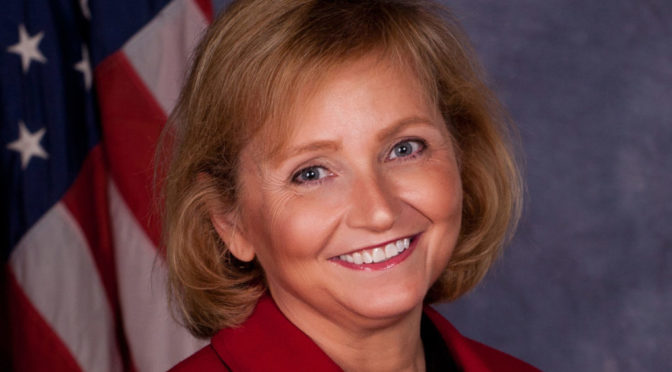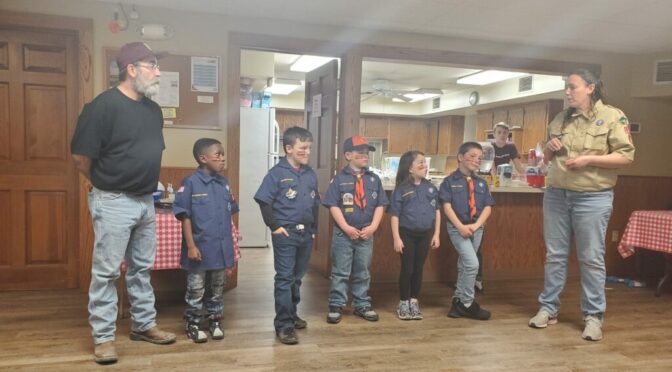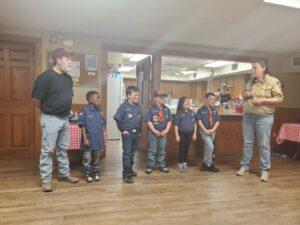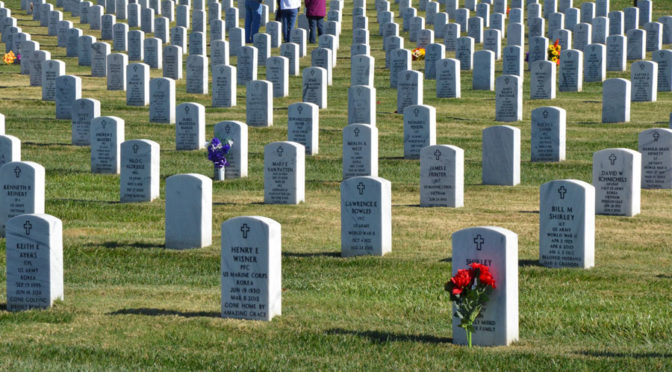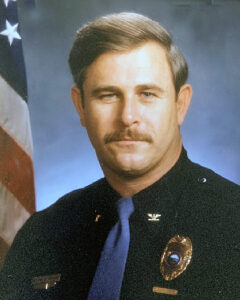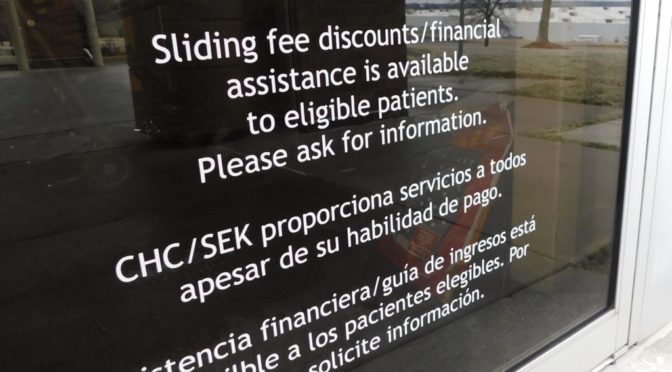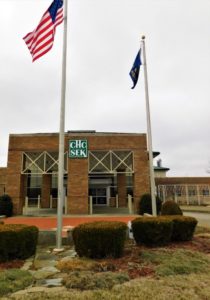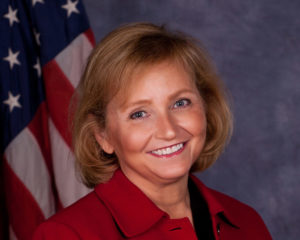
April 3, 2020
The legislature adjourned about two weeks early this year. The session has been suspended and we do not know if or when we will be back, even though we are scheduled to return April 27. Almost all have been impacted by COVID-19 and the legislature is no exception. There is still important work to be completed but nothing that the law requires. The only topic the legislature is required to deal with is the budget and unfortunately the one that passed is a huge increase in spending that does not address the pandemic.
It was reported the state government is tracking people by using cell phone data. More accurately, the Secretary of Kansas Health and Environment (KDHE) is using data from the company Unacast. The Governor has stated they are not paying for your cell phone data and that this data is anonymous to the state government. The Senate President has made an open records request to assure the data is anonymous. Google has announced they will also be providing anonymous data to the government. You know the data is not anonymous to the collectors. If they happen to release raw data, well you can see how this would be a problem.
The federal government and many companies are tracking you, buying and selling your personal information. This raises privacy concerns and it should. However, most people give access to their information without being aware they did it. During session, I was reading the fine print of a common software application (known as an app) to a friend. In order to use the free app, you had to agree for all access to your phone, including but not limited to contacts, camera, pictures, web pages you accessed, and your location. If you check the box to use the app, you signed over access to all of that information. It’s time that we work on legislation to protect your privacy.
With all of the uncertainty and people out of work, financial obligations are daunting. Many will face property tax payments due May 10. Currently, there is no way to lower the amount due for this obligation other than an Executive Order (EO) by the Governor. Local governments and schools can lower mil levies in order to lower property taxes but that will not address the amount due this May 10.
As we spend Holy Week reflecting, I’m reminded of a prayer we would say before volleyball games, so let’s remember you have been given this and every day to use as you will. “What you do today is important because you are exchanging a day of your life for it.” For Christians this is a very important week. May you have a blessed Easter.
It is an honor and a privilege to serve as your 12th District State Senator.
Caryn
…
